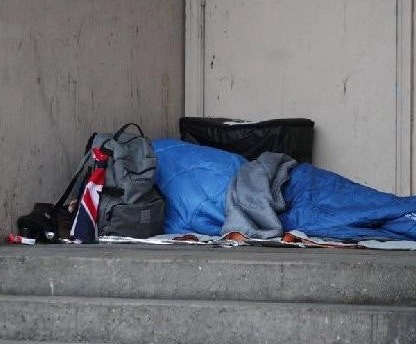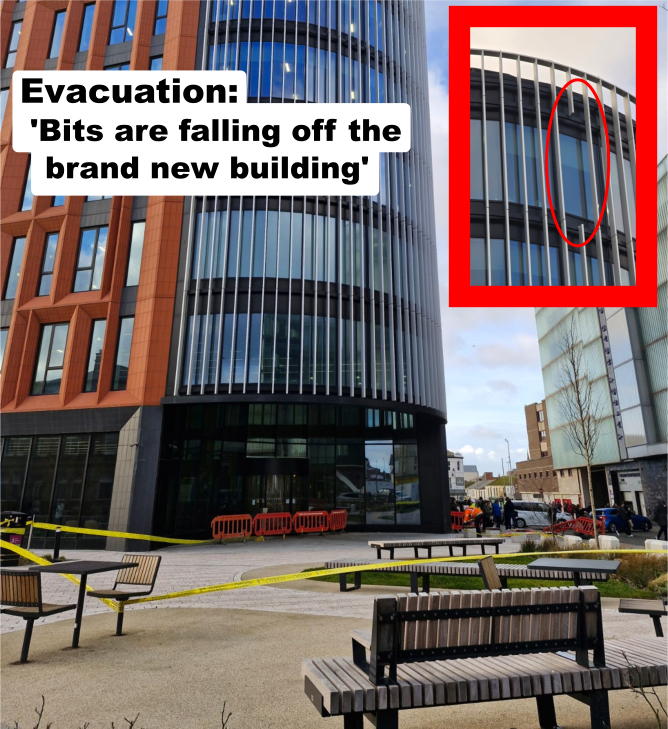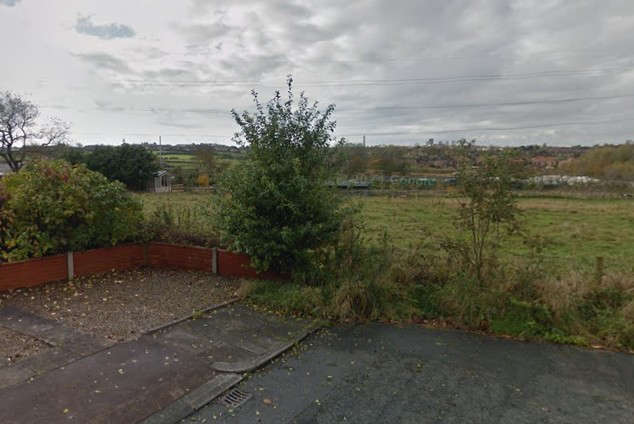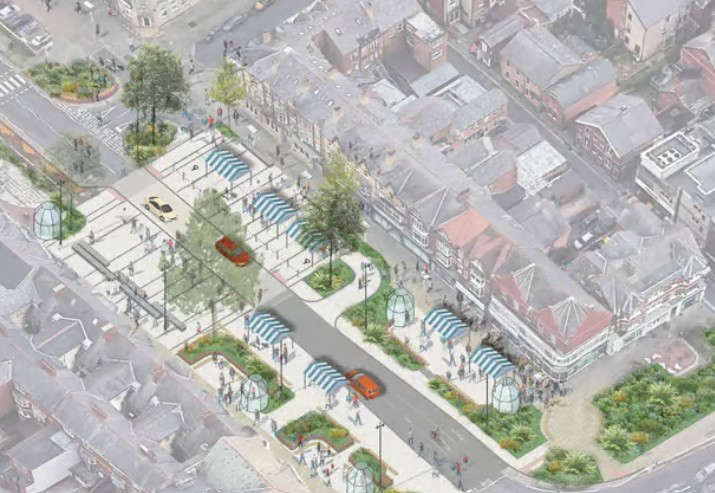
Action has been taken to remove tents in Blackpool being used by rough sleepers amid fears camps could trigger anti-social behaviour.
A meeting of the full council was told the town had a ‘zero tolerance’ approach to people setting up homeless encampments which have plagued parts of London and many cities in America.
But when people are told to move, they are also offered advice and the chance to engage with services to find them proper accommodation.
Tent dwellers have been seen in parts of the town centre including on green spaces, in Stanley Park and on land on East Park Drive in recent times.
One councillor, who was attacked last year in a Blackpool park along with her husband, warned if nothing was done the town was at risk of becoming ‘like ‘California’ where tent cities have been set up by homeless people.
Coun Michele Scott told a meeting of the full council that council officers were “acting very quickly and removing the problem that could have seen Blackpool ending up like Hyde Park or some of the parks in California”.
She said the issue was personal to her and her husband Coun Danny Scott who were attacked last December in Gynn Gardens which had highlighted the need for parks to be safe.
The latest official count in Blackpool found a record number of rough sleepers with 21 found, based on a snapshot of a single night in autumn last year. The figure was up from seven the year before, and the highest figure since comparable records began in 2010.
Coun Paula Burdess, cabinet member for community safety, street scene and neighbourhoods, said in her report to full council: “In response to increasing complaints of people sleeping in tents in the town centre and green spaces, we now have a robust procedure in place to ensure the issue is controlled.
“This includes street cleansing staff challenging people in tents from 6am and issuing a first warning to move, followed by later visits in the day to ensure that this happens.
“This is a zero-tolerance approach supported by the police but includes the offer of support and advice to attend Housing Options. Referrals are made to the Risk Management meeting and enforcement action taken where appropriate.”

 Blackpool council office evacuated as large piece of metal falls from building
Blackpool council office evacuated as large piece of metal falls from building
 Fylde Coast parkruns invite everyone to ‘Bring a friend’ this weekend
Fylde Coast parkruns invite everyone to ‘Bring a friend’ this weekend
 Multi-million pound Blackpool apartments scheme looks set for 2027 fruition
Multi-million pound Blackpool apartments scheme looks set for 2027 fruition
 Plans to build 102 affordable homes on Poulton and Blackpool border
Plans to build 102 affordable homes on Poulton and Blackpool border
 Free wellbeing and fun day Joyfest returns to Fylde coast
Free wellbeing and fun day Joyfest returns to Fylde coast
 Campaign launched to encourage Blackpool residents to consider fostering
Campaign launched to encourage Blackpool residents to consider fostering
 M&S store at Norcross given official green light after final agreement
M&S store at Norcross given official green light after final agreement
 Fylde Council leader hails successful year for the borough
Fylde Council leader hails successful year for the borough








